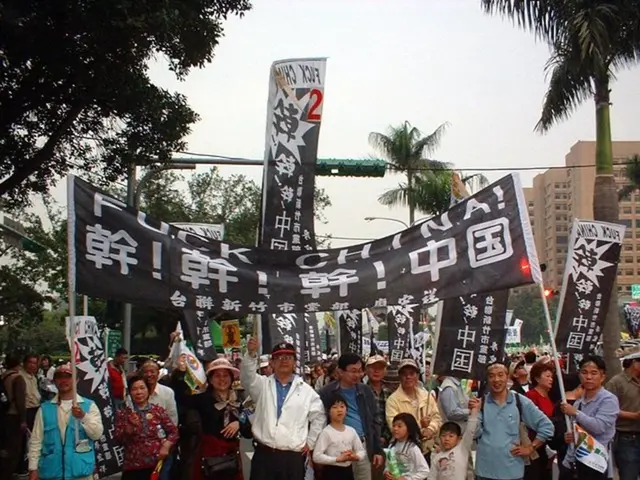Production at Tesla's factory halted due to Houthi attacks on shipping routes.
In recent developments, the armed conflicts in the Red Sea and the subsequent shifts in transport routes to Europe and Asia via the Cape of Good Hope are causing significant impacts on production at Tesla's Gigafactory in Grünheide.
Since its inception in March 2022, the factory, which employs around 11,500 people, has been producing electric cars. However, the prolonged transportation times due to the new routes are causing disruptions, not just in the automobile industry, but across various sectors.
The Houthi rebels, based in Yemen, have been extending their attacks beyond the Red Sea, affecting international trade and shipping routes on a larger scale. Their attacks on merchant vessels have led to the suspension of shipping traffic through the Bab-el-Mandeb strait, a crucial maritime route.
As a result, ships are now navigating around Africa and the Cape of Good Hope as an alternative route. This longer journey is causing additional time in transportation, which, in turn, is having consequences in Berlin. The specific consequences for Tesla, particularly in Berlin, are not yet specified.
On January 12, production at the Tesla plant was halted due to Houthi attacks on shipping. The interruption is due to a lack of components, a common issue in such situations of disrupted supply chains.
It is important to note that these conflicts and the longer transportation routes are not specific to Tesla. International trade and shipping in general are being affected. Furthermore, the Houthi rebels are providing military support to Hamas in the War on Gaza, adding another layer of complexity to the geopolitical landscape.
Despite extensive searches, there are no relevant results providing information about the supplier of the ship cargo related to Tesla's supply chain that was attacked by Houthi rebels in the Red Sea. This lack of transparency adds to the challenges faced by companies like Tesla during such crises.
In light of these challenges, it is crucial for governments, international organisations, and businesses to collaborate and find solutions to mitigate the impacts of these conflicts on global trade and production. The situation underscores the interconnectedness of the world and the need for collective action in times of crisis.
Read also:
- United States tariffs pose a threat to India, necessitating the recruitment of adept negotiators or strategists, similar to those who had influenced Trump's decisions.
- Weekly happenings in the German Federal Parliament (Bundestag)
- Southwest region's most popular posts, accompanied by an inquiry:
- Discussion between Putin and Trump in Alaska could potentially overshadow Ukraine's concerns








